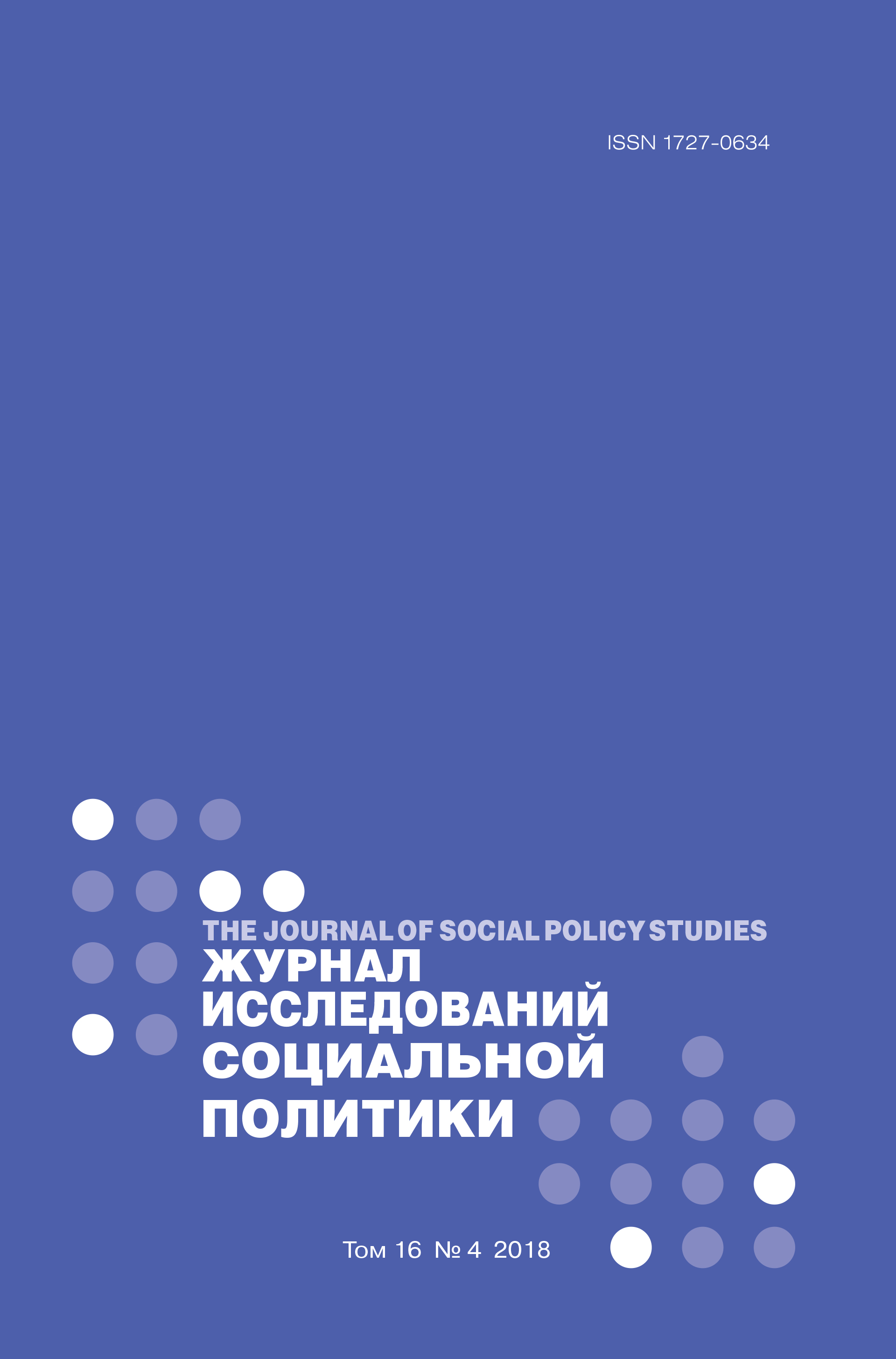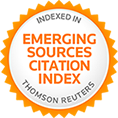Кто виноват? Паттерны присвоения вины и ответственности в сетевых дискуссиях об иммигрантах в России и Германии
Аннотация
Светлана Сергеевна Бодрунова – д.полит.н., профессор, Высшая школа журналистики и массовых коммуникаций, Санкт-Петербургский государственный университет, Санкт-Петербург, Россия. Электронная почта: s.bodrunova@spbu.ru
Анна Сергеевна Смолярова – к.полит..н. доцент, Высшая школа журналистики и массовых коммуникаций, Санкт-Петербургский государственный университет, Санкт-Петербург, Россия. Электронная почта: a.smoliarova@spbu.ru
Вера Алексеевна Ачкасова – д.полит.н., профессор, Высшая школа журналистики и массовых коммуникаций, Санкт-Петербургский государственный университет, Санкт-Петербург, Россия. Электронная почта: v.achkasova@spbu.ru
Иван Станиславович Блеканов – к. т.н., доцент, факультет прикладной математики – процессов управления, Санкт-Петербургский государственный университет, Санкт-Петербург, Россия. Электронная почта: i.blekanov@spbu.ru
Конфликты с участием переселенцев с «глобального Юга» и их обсуждение в медиа и социальных сетях стали чертой современной публичной сферы в Европе и России. Сетевые дискуссии способны играть роль групп давления в формировании повестки обсуждения миграции и принятия политических решений, актуализируя как конфликтные, так и консенсусные общественные настроения. Важно знать, существуют ли закономерности в том, кого пользователи сети (в том числе институциональные) видят как виновников конфликтов и от кого ожидают его разрешения. Мы рассматриваем четыре конфликтные дискуссии в Твиттере в России и Германии 2013–2016 гг. и оцениваем связь статуса пользователя с паттернами присвоения вины и ответственности, а также сопоставляем дискурсивные стратегии обвинения в двух странах. Методология исследования включает веб-краулинг по заданному словарю, экспертную оценку аккаунтов пользователей, ручное кодирование твитов и описательную статистику. Итоги исследования говорят о том, что в целом обвинение направлено в первую очередь против трех групп: региональных властей, национального лидера /правительства и иммигрантов; разрешения конфликтов пользователи ждут от федеральных властей, ответственных за изменение иммиграционной политики. Но если в Германии очевиден политический разлом между правыми (пронационалистическими) и левыми (феминистскими) стратегиями поиска виноватых, частично компенсируемые нейтральным медиа-дискурсом, то в российском Твиттере доминирует обвинение и власти, и иммигрантов, а также распространены сниженные ожидания мирной политической разрядки межэтнической напряженности.















